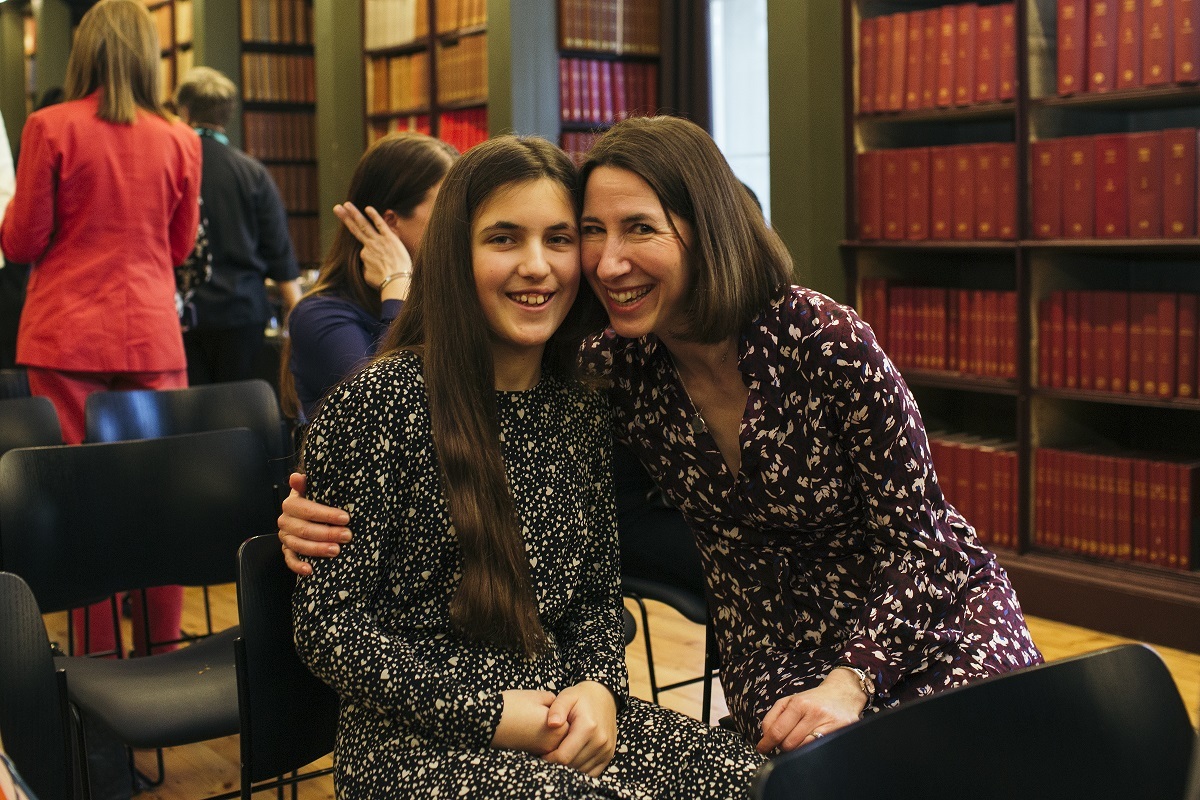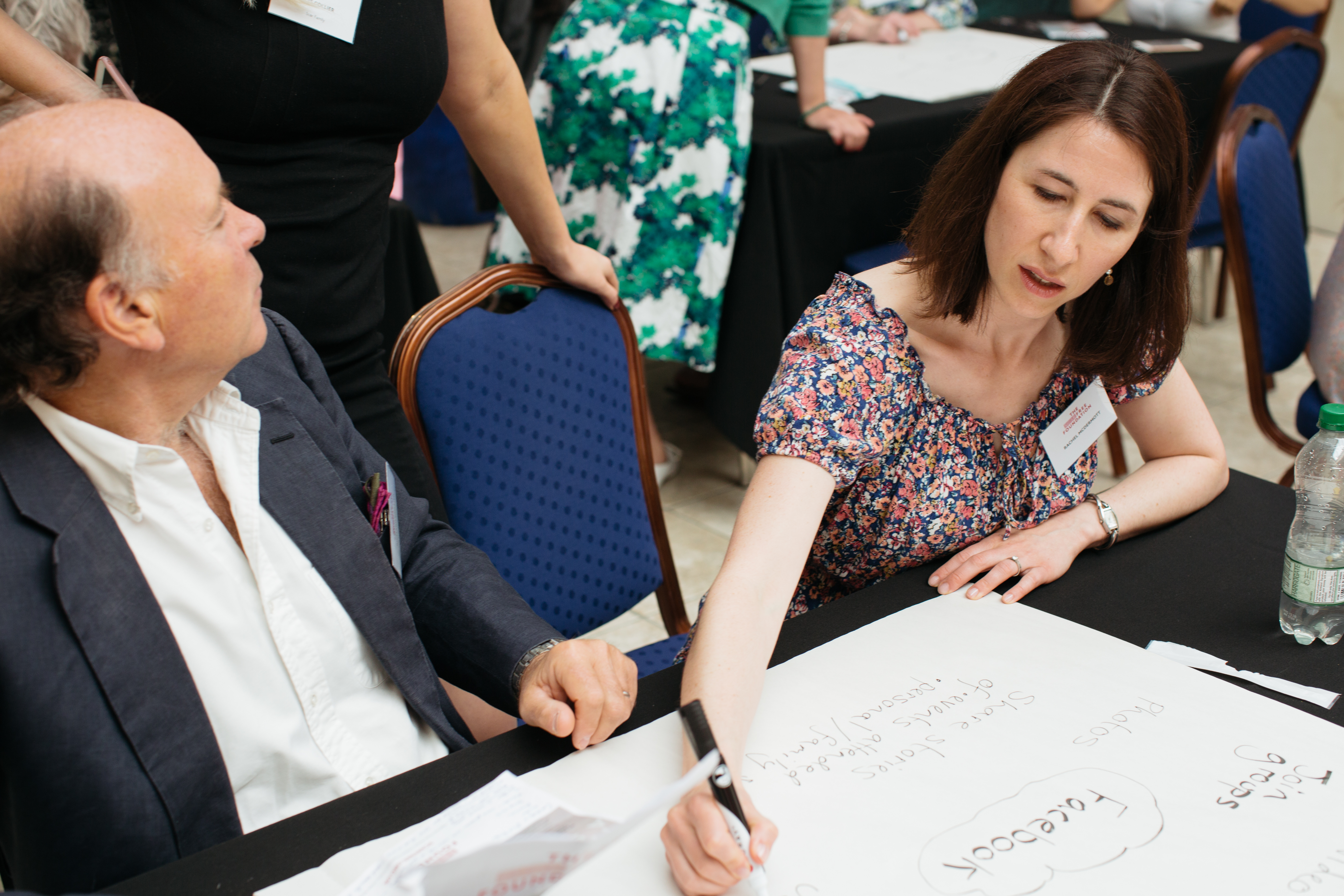Rachel McDermott isn’t a scientist or a clinician – her job as an undergraduate admissions specialist, she laughs, “isn’t as exciting as being a surgeon.” But she’s an integral part of the Scar Free Foundation’s Research Council: they decide what medical research we fund to make sure we are on the path to a scar free future.
"Our responsibility is to make sure that the Foundation is funding the right things. And the right things in my mind are things that will improve the lives of people affected now and in the future with scarring."
Rachel is a Scar Free Ambassador and the mum of a child born with a unilateral cleft lip.
Her journey to being one of our experts on the council started with the Cleft Collective, an initiative funded by The Scar Free Foundation to start a genetic biobank of children with cleft and their parents: “I was asked to sit on the advisory panel for the Cleft Collective,” she explains.
After four years, she was asked to be on the Foundation’s Research Council instead. She jumped at the chance: “I thought that was a great opportunity for me to be involved in even more of the Foundation’s work. So not just looking at cleft, which is obviously what my family's directly affected by, but looking at what was going on with burns, with tissue regeneration…”
Although she’s not a scientist, Rachel has never been worried about contributing to meetings with her opinions:
"There are very clever and experienced representatives of the surgical bodies [on the council]. They know their stuff. But I know what it's like to support a young person with scarring, and that's what I bring."
Rachel’s background as a parent who had to make medical decisions for her daughter as soon as she was born gives her a unique perspective on the grant applications the Research Council discusses. For her, the biggest questions are “What is the benefit and who is benefiting?”
It is not enough for research to be “interesting” – it has to be “life-changing.”
“Research needs to make improvements for the people it’s designed for. Without sense-checking with people who are the ‘end user,’ then there's a danger that it's not going to deliver all that it needs to," she explains.
While it might sound like a lot of responsibility, Rachel loves her position on the Research Council.
“I've enjoyed discovering more of the science and it never fails to amaze and excite me might happen next,” she enthuses.
"The possibilities are what’s so exciting about this. We’re not accepting that the way things are now is the way they must always be. Instead, we’re using research funds to enable some knowledgeable, specialised people to discover more. That is something that is so exciting to be a part of.
I can't discover it myself, but I can play my part so that others can make those breakthroughs."
The worst part of Rachel's role? Not being more involved. “I can't just pop to a lab and ask, ‘Tell me what's going on. Can I just get involved?’ She laughs. “You have to just be patient and see what happens.”
Does Rachel have any advice for organisations wanting to open their doors to patient involvement?
"People are willing to share their experience and their opinions on that experience, and that is a fundamental part of all research. Value those people because people will give their time, but don't take it for granted."
And her advice for patients wanting to contribute to research?
"You are the expert on your experience and your expertise is needed! So use your voice as well as you can.


